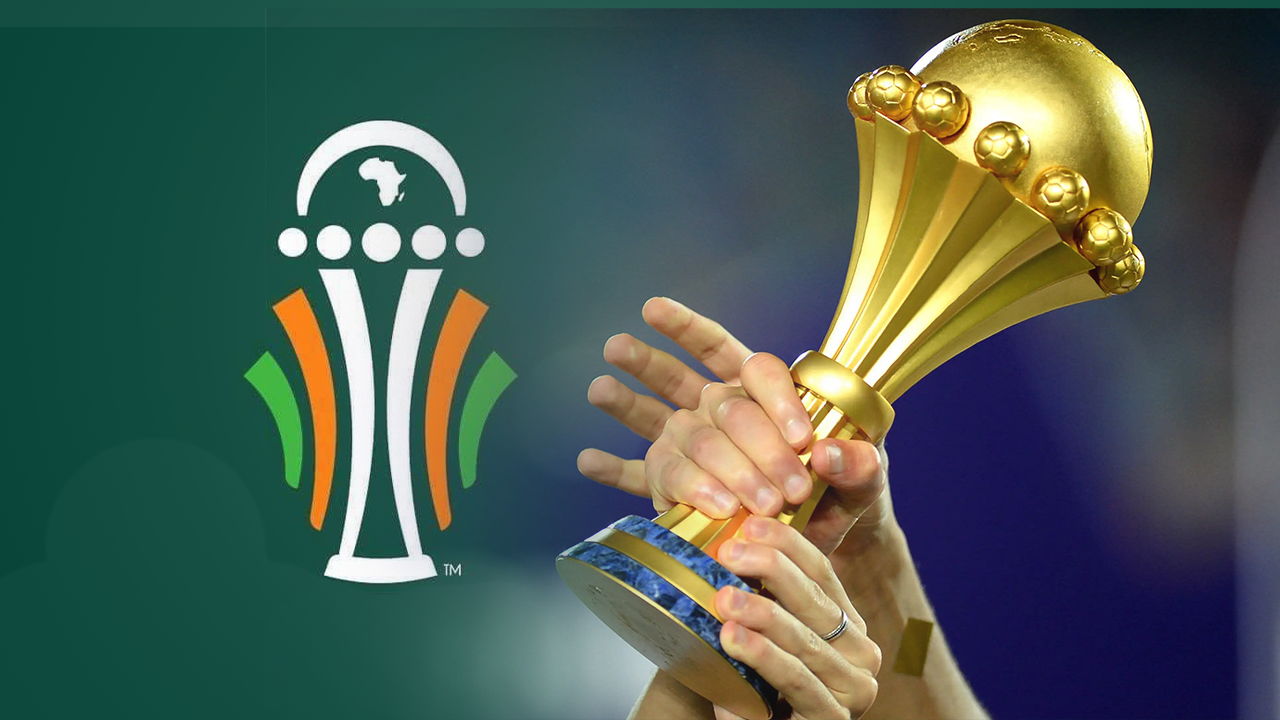The Euro is one of the most entertaining international tournaments football has to offer.
Many fans might wonder why we can’t have it more frequently, perhaps every two years like the Africa Cup of Nations (AFCON). While it sounds appealing, there are four major reasons why the Euros are held every four years. Let’s delve into these reasons.
1. Preparation
Preparing for a competition as big as the Euros is no child’s play; it takes time and effort. After a country is announced as the host, there’s a lot to be done, often taking years. Hosts may need to build new stadiums, renovate old ones, construct new hotels, and improve infrastructure. Proper preparation ensures a high-quality tournament. If the Euros were held every two years, hosts wouldn’t have enough time to prepare adequately, leading to mediocre tournaments. Quality over quantity is always preferable.
2. Qualification Process
The qualification process for the Euros is extensive, and the four-year gap allows ample time to complete it without overwhelming players’ schedules. Club football occurs annually, with only five international breaks. Holding the Euros every four years ensures players aren’t overburdened and can manage their commitments to both club and country.
3. Coordination with the World Cup
The Euros and the World Cup are scheduled two years apart, creating a perfect balance. Players know they have a major international tournament every two years, with a summer of rest in between. If the Euros were held every two years, players would face three consecutive summers of international competitions. For example, Euro 2021, World Cup 2022, and Euro 2023. This would be exhausting for players, increasing the risk of injuries and early retirements due to burnout. Maintaining the current schedule preserves players’ well-being.
4. Preserving the Tournament’s Value
The four-year cycle of the Euros enhances its value. Both players and fans treasure it more because of its rarity. Fans eagerly anticipate it, and when it finally arrives, it’s cherished. Players, knowing they have limited chances to win, value each opportunity highly. Frequent tournaments, like the Copa América held thrice in four years between 2015 and 2019, can diminish their perceived value. The Euros’ rarity makes it special and highly anticipated.
Comparison with AFCON
Some may wonder why the AFCON is held every two years without major issues. The situation is different. FIFA president Gianni Infantino has tried to convince the Confederation of African Football (CAF) to make the AFCON a quadrennial event, but financial reasons prevent this change. CAF relies heavily on the AFCON for revenue. If their finances stabilize, they might also shift to a four-year cycle. However, their current circumstances necessitate more frequent tournaments.
Conclusion
Preparation, the lengthy qualification process, coordination with the World Cup, and preserving the tournament’s value are the primary reasons the Euros are held every four years. While the idea of more frequent tournaments might seem attractive, these reasons ensure the Euros remain a prestigious, highly anticipated event that footballers and fans alike can treasure.







